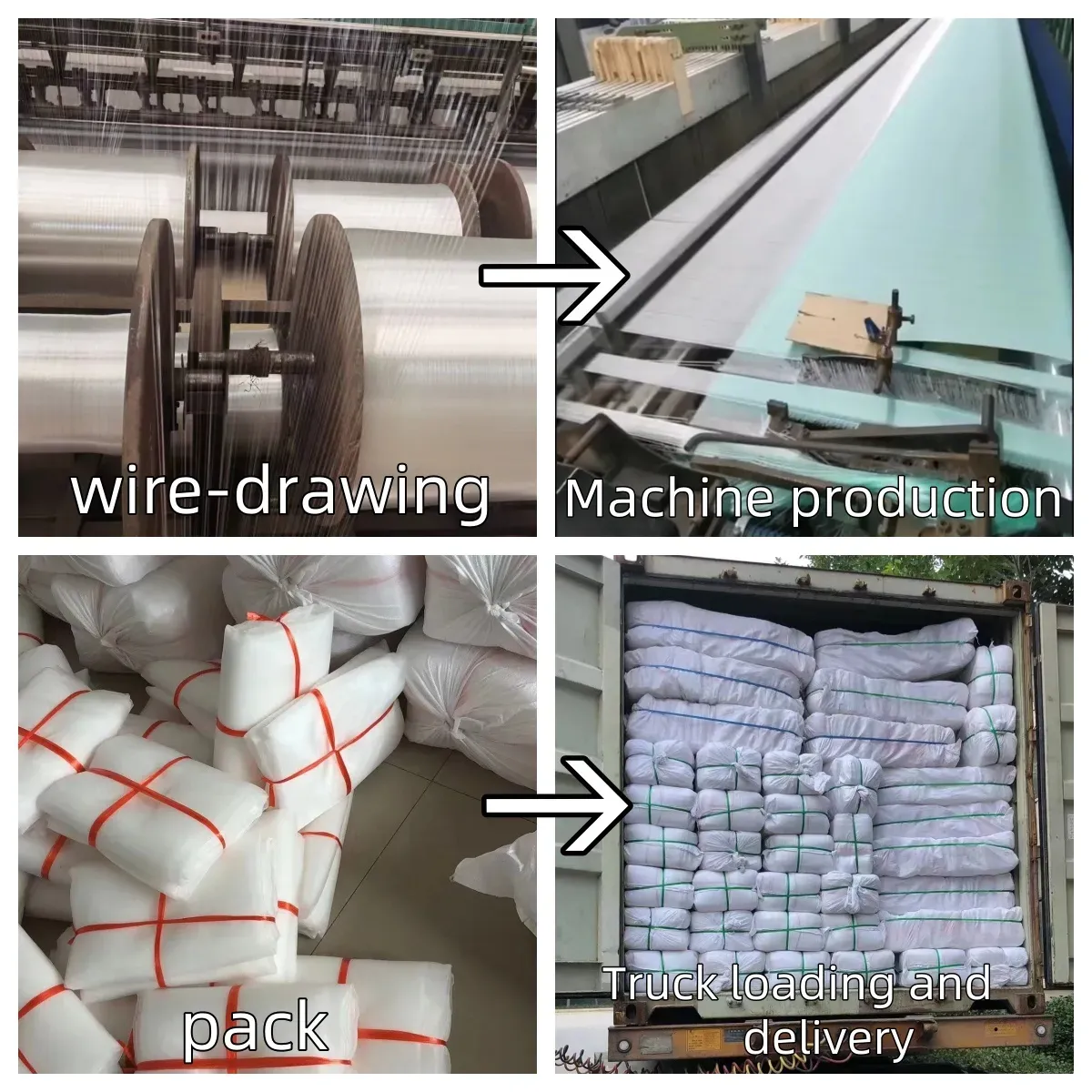-
 Afrikaans
Afrikaans -
 Albanian
Albanian -
 Amharic
Amharic -
 Arabic
Arabic -
 Armenian
Armenian -
 Azerbaijani
Azerbaijani -
 Basque
Basque -
 Belarusian
Belarusian -
 Bengali
Bengali -
 Bosnian
Bosnian -
 Bulgarian
Bulgarian -
 Catalan
Catalan -
 Cebuano
Cebuano -
 China
China -
 Corsican
Corsican -
 Croatian
Croatian -
 Czech
Czech -
 Danish
Danish -
 Dutch
Dutch -
 English
English -
 Esperanto
Esperanto -
 Estonian
Estonian -
 Finnish
Finnish -
 French
French -
 Frisian
Frisian -
 Galician
Galician -
 Georgian
Georgian -
 German
German -
 Greek
Greek -
 Gujarati
Gujarati -
 Haitian Creole
Haitian Creole -
 hausa
hausa -
 hawaiian
hawaiian -
 Hebrew
Hebrew -
 Hindi
Hindi -
 Miao
Miao -
 Hungarian
Hungarian -
 Icelandic
Icelandic -
 igbo
igbo -
 Indonesian
Indonesian -
 irish
irish -
 Italian
Italian -
 Japanese
Japanese -
 Javanese
Javanese -
 Kannada
Kannada -
 kazakh
kazakh -
 Khmer
Khmer -
 Rwandese
Rwandese -
 Korean
Korean -
 Kurdish
Kurdish -
 Kyrgyz
Kyrgyz -
 Lao
Lao -
 Latin
Latin -
 Latvian
Latvian -
 Lithuanian
Lithuanian -
 Luxembourgish
Luxembourgish -
 Macedonian
Macedonian -
 Malgashi
Malgashi -
 Malay
Malay -
 Malayalam
Malayalam -
 Maltese
Maltese -
 Maori
Maori -
 Marathi
Marathi -
 Mongolian
Mongolian -
 Myanmar
Myanmar -
 Nepali
Nepali -
 Norwegian
Norwegian -
 Norwegian
Norwegian -
 Occitan
Occitan -
 Pashto
Pashto -
 Persian
Persian -
 Polish
Polish -
 Portuguese
Portuguese -
 Punjabi
Punjabi -
 Romanian
Romanian -
 Russian
Russian -
 Samoan
Samoan -
 Scottish Gaelic
Scottish Gaelic -
 Serbian
Serbian -
 Sesotho
Sesotho -
 Shona
Shona -
 Sindhi
Sindhi -
 Sinhala
Sinhala -
 Slovak
Slovak -
 Slovenian
Slovenian -
 Somali
Somali -
 Spanish
Spanish -
 Sundanese
Sundanese -
 Swahili
Swahili -
 Swedish
Swedish -
 Tagalog
Tagalog -
 Tajik
Tajik -
 Tamil
Tamil -
 Tatar
Tatar -
 Telugu
Telugu -
 Thai
Thai -
 Turkish
Turkish -
 Turkmen
Turkmen -
 Ukrainian
Ukrainian -
 Urdu
Urdu -
 Uighur
Uighur -
 Uzbek
Uzbek -
 Vietnamese
Vietnamese -
 Welsh
Welsh -
 Bantu
Bantu -
 Yiddish
Yiddish -
 Yoruba
Yoruba -
 Zulu
Zulu
anti bird net for agriculture
In the globally expanding agricultural field, the challenge of keeping crops safe from birds is ever-present. Recognized as a persistent issue, birds have the potential to significantly impact yield quality and quantity. One effective solution gaining considerable attention is the use of anti-bird nets, specifically designed for agriculture.

The effectiveness of anti-bird nets in agriculture comes down to a thorough understanding of their composition and functionality. These nets are typically crafted from high-density polyethylene (HDPE), a material known for its durability and resistance to various environmental factors. With UV-stabilized properties, these nets can withstand harsh weather conditions while maintaining their integrity over multiple seasons. This ensures that an initial investment in quality nets pays off over time, making them a cost-effective choice for farmers.
From an expertise perspective, the design specifications of anti-bird nets play a crucial role in their performance. The mesh size, tensile strength, and overall weight must be carefully considered depending on the type of crops and the specific bird species. For instance, smaller mesh sizes are effective against smaller birds, deterring them from pecking at fruits or newly sowed seeds, while larger meshes may suffice for bigger birds. Consultation with agricultural experts and field tests can guide farmers in choosing the right net type for their unique requirements.

Moreover, the simplicity involved in deploying these nets is another advantage. Farmers with firsthand experience report that installing anti-bird nets requires minimal labor and can be done swiftly, even over extensive fields. This user-friendly aspect enhances the trustworthiness of these products, as their application doesn't demand specialized skills or equipment, which might incur additional costs.
anti bird net for agriculture
The authoritativeness of anti-bird nets is also supported by research studies and agricultural reports that highlight their efficacy in protecting crops from avian pests. Publications in agricultural journals often showcase case studies and data analysis, reinforcing their significance. Experts in bird behavior and crop science underscore the dual benefits of using anti-bird nets effective pest control without harming the birds, aligning with ethical farming practices.
In terms of experience, farmers who have adopted this solution attest to a noticeable improvement in crop quality and yield. Testimonials from different regions echo the sentiment that anti-bird nets can drastically reduce crop damage, translating into higher profits and a more sustainable farming practice. Some farmers recount significant success stories where their use led to a complete turnaround, thanks to reduced waste and better marketable produce.
For those concerned about environmental impact, it is reassuring to know that anti-bird nets are designed with ecological considerations. Unlike chemical deterrents, these nets do not introduce toxins into the ecosystem. Instead, they offer a physical barrier that is both humane and effective, preserving biodiversity while still meeting agricultural goals.
In conclusion, anti-bird netting represents a synthesis of innovation, practicality, and environmental stewardship. By investing in these nets, farmers not only protect their livelihoods but also participate in a method that respects nature. As agriculture continues to adapt to environmental challenges, solutions such as anti-bird nets will undoubtedly continue to prove their value, offering a dependable tool to safeguard crops and ensure sustained agricultural productivity.
-
The Sunshade Net Can Block Ultraviolet RaysNewsAug.11,2025
-
Main Application and Technology of Nylon ScreenNewsAug.11,2025
-
Green Anti UV Sunshade Net: The Perfect Combination of Ecological Friendliness and Practical PerformanceNewsAug.11,2025
-
Explore the Sunshade NetNewsAug.11,2025
-
Application and Development of Nylon Screen in Fuel Processing and TreatmentNewsAug.11,2025
-
Application and Advantages of Nylon Screen for AquacultureNewsAug.11,2025











